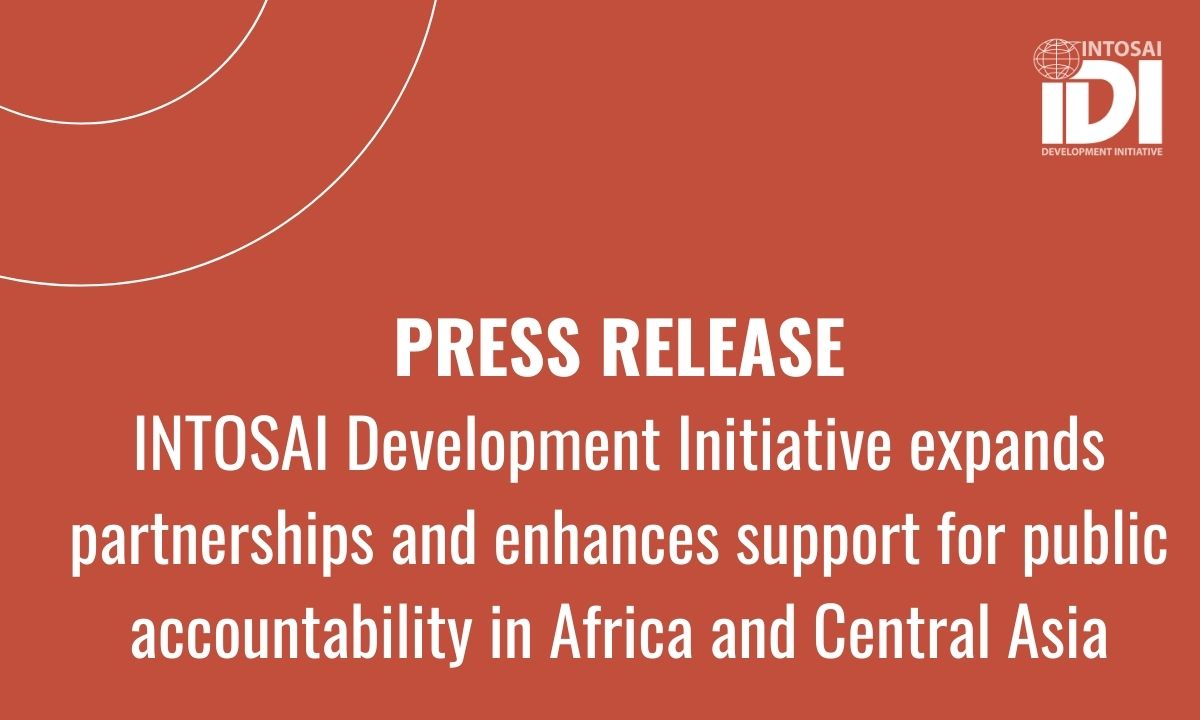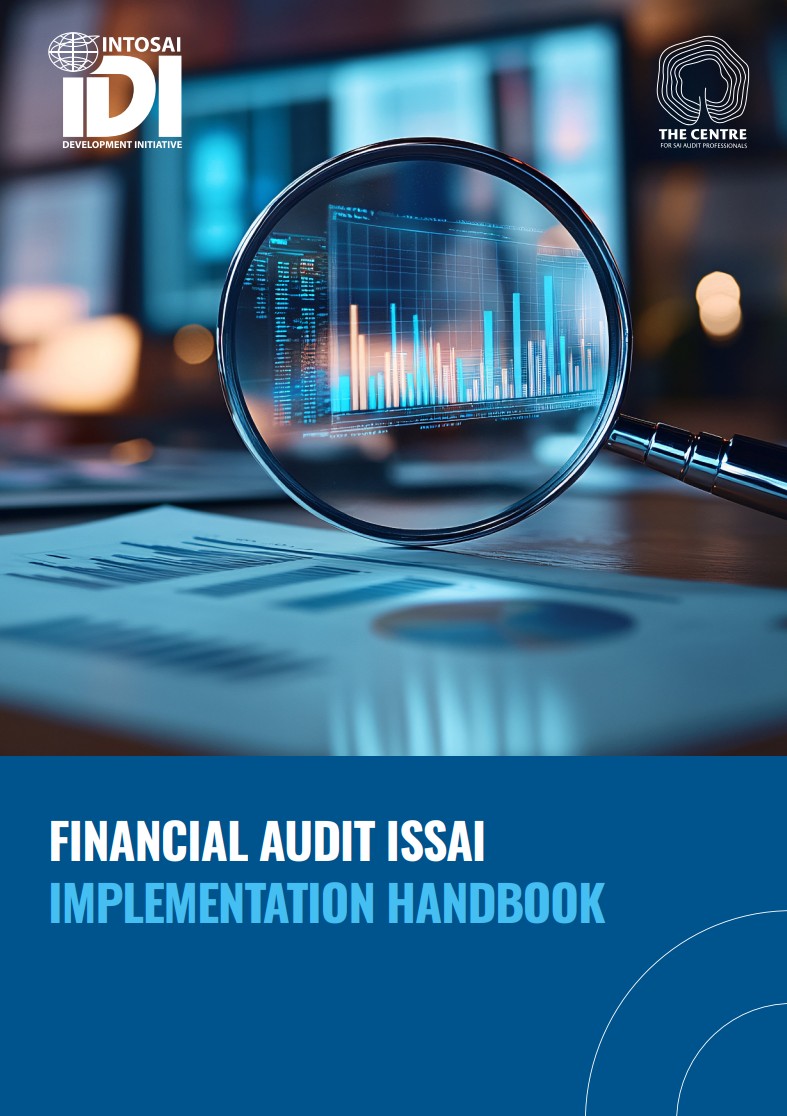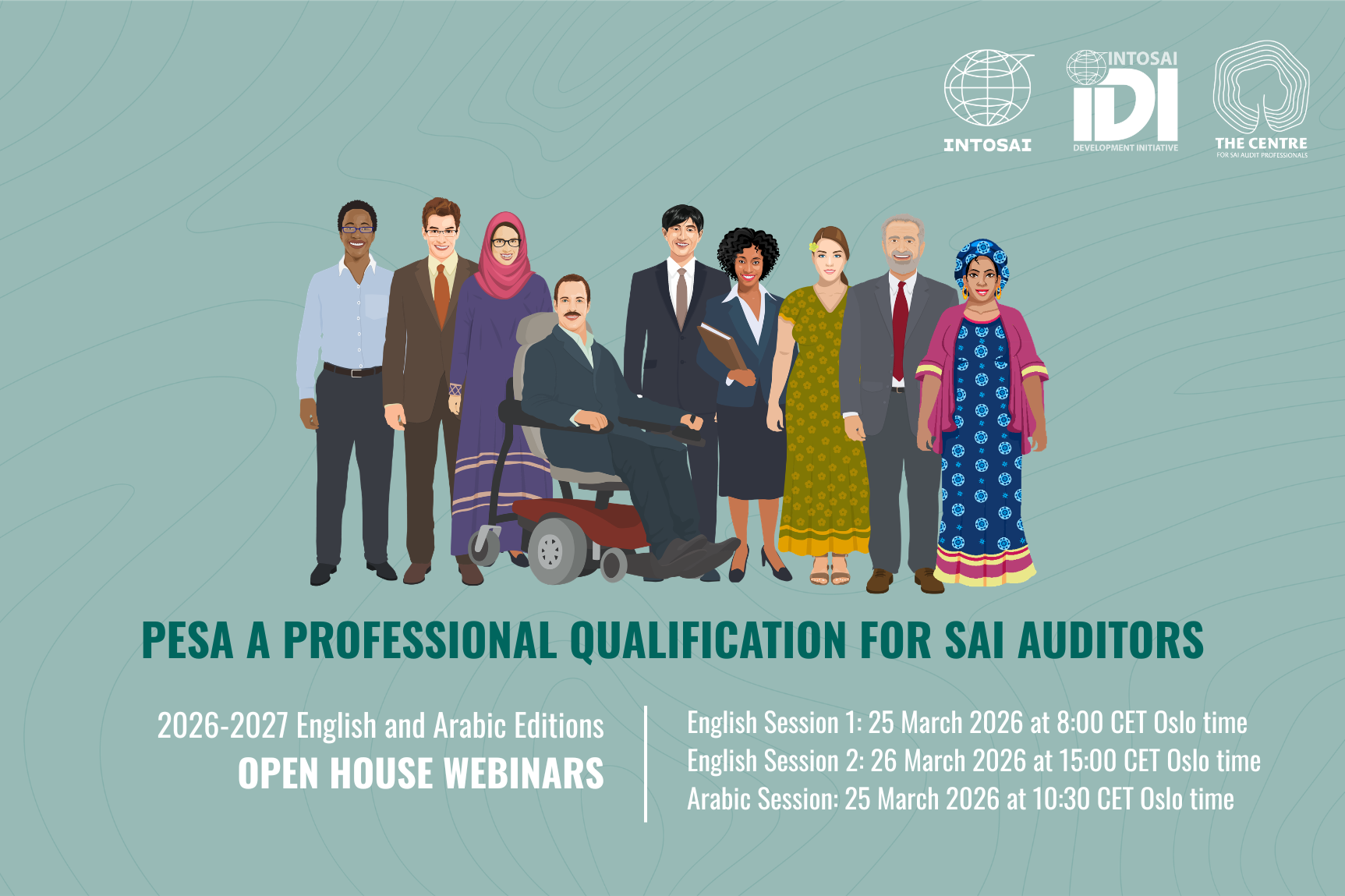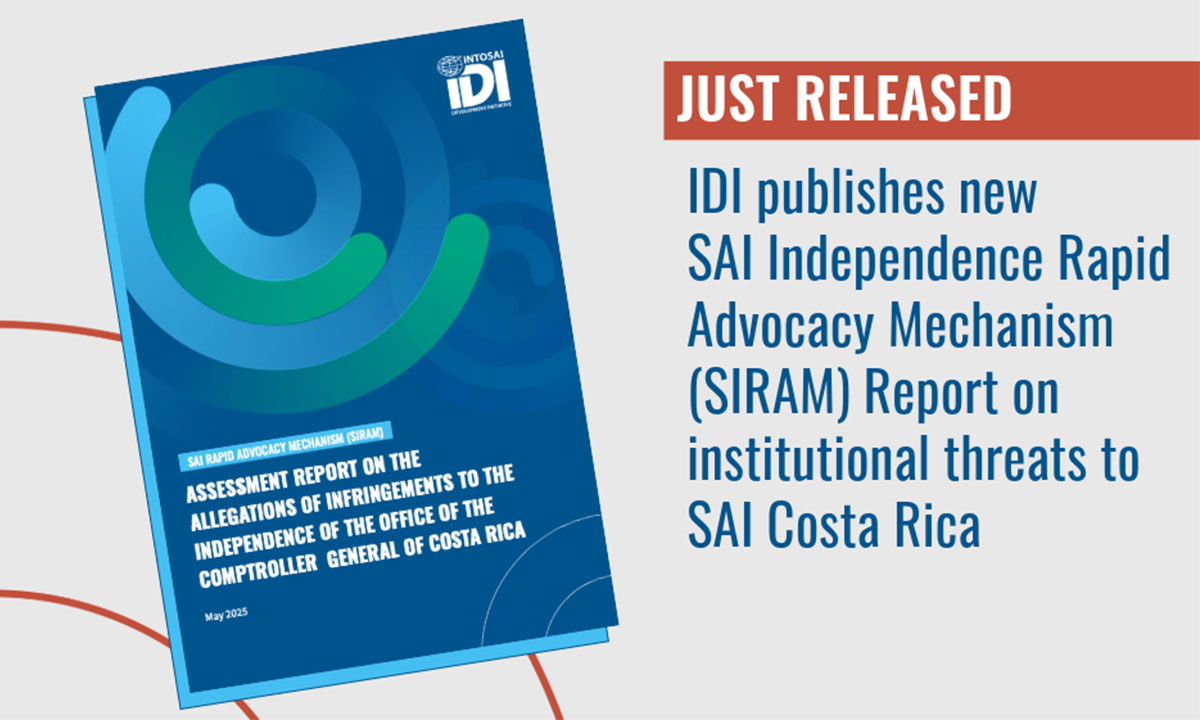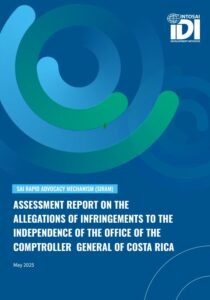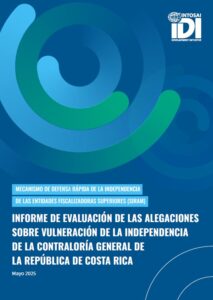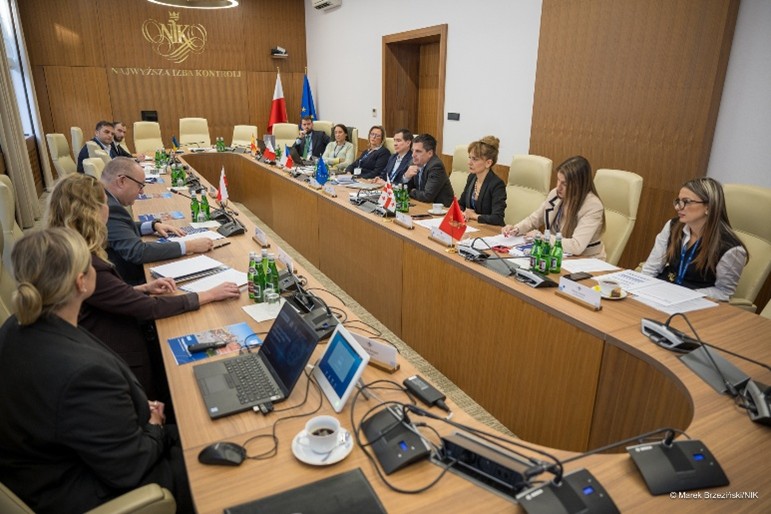Resumen disponible de este artículo en español al final de la página.
Supreme Audit Institutions (SAIs) are essential pillars of democratic governance. They serve the public by overseeing how governments use resources, safeguarding transparency, and ensuring accountability. However, when SAIs face political or legal interference, their ability to act in the public interest can be seriously undermined.
In a newly published, “Assessment Report on the Allegations of Infringements to the Independence of the Office of the Comptroller General of Costa Rica”, the INTOSAI Development Initiative (IDI) outlines growing concerns about the independence of Costa Rica’s SAI, the Office of the Comptroller General (CGR). This report follows IDI’s standardised SAI Independence Rapid Advocacy Mechanism (SIRAM) approach – a tool designed to proactively respond to threats against the independence of SAIs, using international benchmarks such as the INTOSAI Mexico Declaration on SAI Independence.
Evidence-Based Findings
The report presents an in-depth, evidence-based assessment of both legal and practical threats to the CGR’s ability to fulfil its mandate. It documents two key areas of concern:
- Interference from the Executive Branch
The report finds that public statements and actions by the Presidency of the Republic of Costa Rica have undermined the CGR’s authority. These include direct criticisms following the CGR’s findings on high-profile national projects such as the Ciudad Gobierno initiative and a non-intrusive customs inspection system. The Executive accused the CGR of arbitrary interpretations and obstructing development projects, raising alarm over political pressure. - Legislative Attempts to Limit Oversight Powers
The report further highlights recent legislative proposals—particularly those under the “Jaguar Law for the Development of Costa Rica”—that aim to restrict the CGR’s powers.
While some of these proposals have been withdrawn or declared unconstitutional, ongoing legislative initiatives continue to pose a risk. IDI collected evidence showing that these reforms appear incoherent and threaten to weaken the CGR’s legal foundation and operational scope.
Threats to Principle 3 of the Mexico Declaration Identified
Both forms of interference—executive and legislative—constitute violations and corresponding threats to Principle 3 of the Mexico Declaration, which states that SAIs must be free from external influence in carrying out their audit mandate.
If left unaddressed, these developments may weaken Costa Rica’s system of public financial oversight, diminishing institutional checks and balances in a time of increasing global concern about democratic backsliding.
Recommendations and Way Forward
The report recommends that:
• The Executive Branch cease public and operational interference in the CGR’s audit work
• Any legislative reforms affecting the CGR should be developed through open, inclusive, and participatory processes that involve the SAI and other key stakeholders
• Reforms should align with international good practices and standards, especially those articulated by the INTOSAI community
These steps are vital to safeguarding the CGR’s independence, thereby reinforcing trust in Costa Rica’s accountability institutions and democratic processes.
Why SAI Independence Matters for Effective Oversight
This report is part of IDI’s unique SIRAM approach, which features advocacy and assessment tools for broader outreach. This effort aims to ensure that SAIs remain independent watchdogs of public finance, especially in contexts where institutions are under attack. As oversight institutions around the world face increasing pressure, SIRAM provides a vital way to raise the alarm, assess threats, and recommend actionable solutions.
By issuing this report, IDI invites the international community to take these concerns seriously and to continue to stand behind oversight institutions that uphold transparency and accountability.
Click here to read the full SIRAM Report on Costa Rica in English
Haga clic aquí para leer el Informe SIRAM completo sobre Costa Rica en español
Learn more about IDI’s SIRAM Mechanism and SAI independence
Resumen en español:
Nuevo informe SIRAM revela presiones crecientes sobre la independencia de la Contraloría General de Costa Rica.
El informe recién publicado por la IDI evalúa las amenazas a la independencia de la Contraloría General de la República (CGR) en Costa Rica. Utilizando el Mecanismo de Defensa Rápida de la Independencia de las EFS (SIRAM, por sus siglas en inglés), el informe identifica dos preocupaciones principales: la interferencia del Poder Ejecutivo mediante acusaciones públicas a la CGR y obstáculos operativos a las labores de control, y propuestas legislativas que podrían debilitar el marco jurídico de la CGR.
Ambas situaciones constituyen infracciones y amenazas, respectivamente, al Principio 3 de la Declaración de México de INTOSAI, que garantiza que las Entidades Fiscalizadoras Superiores (EFS) actúen sin influencias externas. El informe recomienda que el Poder Ejecutivo cese la interferencia en la EFS de Costa Rica y que cualquier reforma de su marco legal se lleve a cabo mediante un proceso inclusivo que respete los principios internacionales de independencia.
Este informe es un llamado a fortalecer las instituciones de control en un contexto de creciente presión sobre la democracia y la rendición de cuentas en todo el mundo.
Initiative
Topics
Recent News
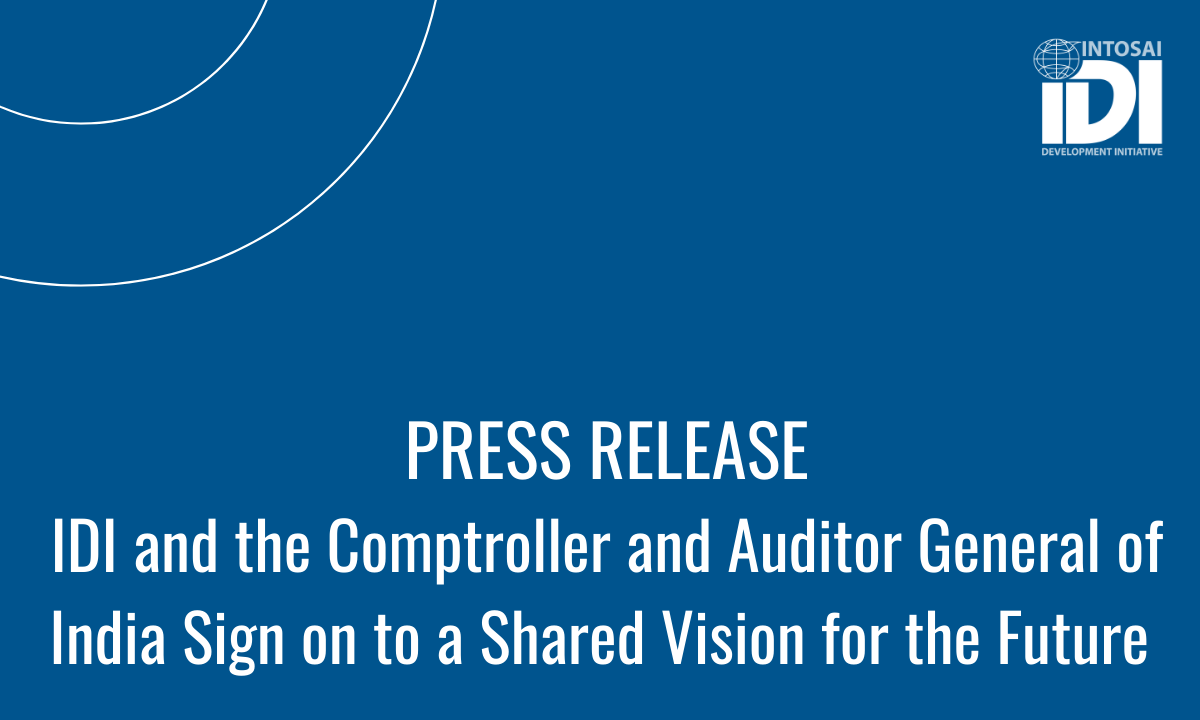
IDI and the Comptroller and Auditor General of India Sign on to a Shared Vision for the Future
Read more